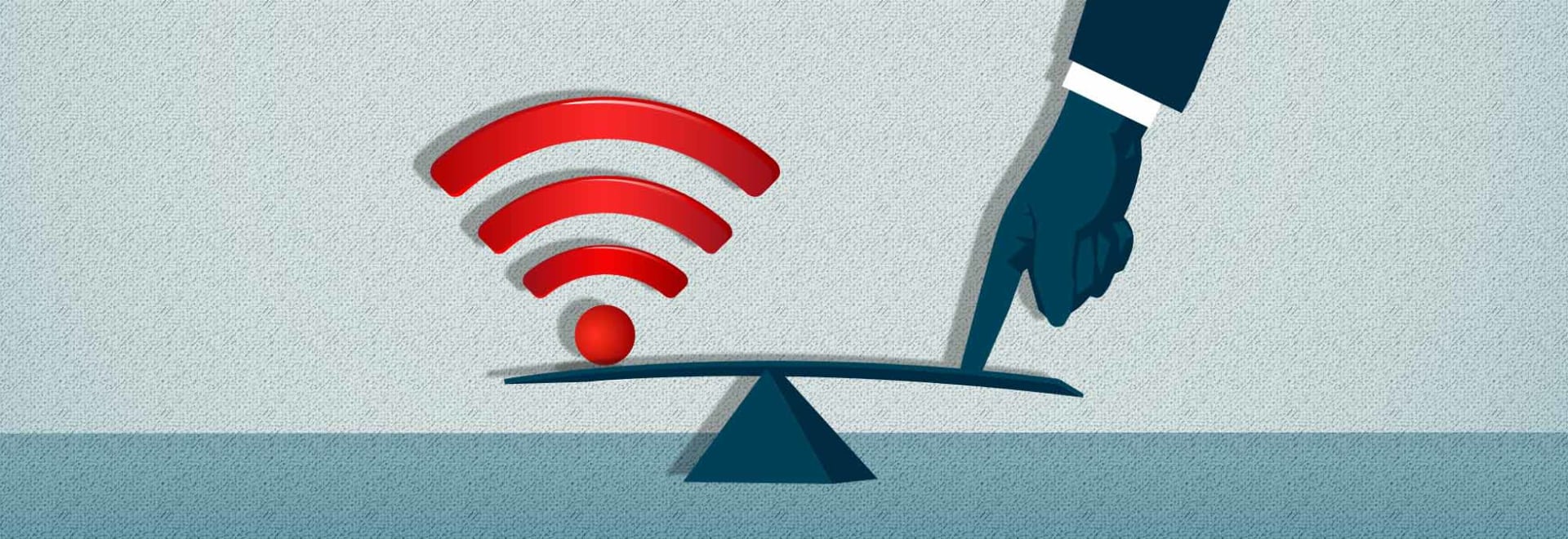Net Neutrality | Access
The FCC has repealed the rules governing internet providers. Here are five changes consumers should watch for.
By James K. Willcox
Now that the Federal Communications Commission (FCC) under chairman
Ajit Pai has officially repealed net neutrality rules that have been in
effect since 2015, the question becomes: Will the web really change?
The vote took place on Thursday, but nothing will change immediately, according to both advocates and opponents of the rules. That may be all they agree on, though. There's a good reason that net neutrality has been one of the most contentious digital issues of 2017. The two camps predict very different futures for the internet.
Network neutrality is the principle that all internet traffic should be transmitted to consumers with the same quality and at the same speed, regardless of whether an internet service provider (ISP) has a financial reason to want to promote one website over another.
Getting rid of net neutrality rules gives "a green light to an internet service provider to play favorites with its preferred websites, while saddling other sites with slower speeds and higher costs to reach consumers," says Jonathan Schwantes, senior policy counsel for Consumers Union, the policy and mobilization division of Consumer Reports. Advocacy groups, online companies, and many consumers worry that the changes could lead to confusing new tiers of service, fewer online startups, and rising prices. Read more...
The vote took place on Thursday, but nothing will change immediately, according to both advocates and opponents of the rules. That may be all they agree on, though. There's a good reason that net neutrality has been one of the most contentious digital issues of 2017. The two camps predict very different futures for the internet.
Network neutrality is the principle that all internet traffic should be transmitted to consumers with the same quality and at the same speed, regardless of whether an internet service provider (ISP) has a financial reason to want to promote one website over another.
Getting rid of net neutrality rules gives "a green light to an internet service provider to play favorites with its preferred websites, while saddling other sites with slower speeds and higher costs to reach consumers," says Jonathan Schwantes, senior policy counsel for Consumers Union, the policy and mobilization division of Consumer Reports. Advocacy groups, online companies, and many consumers worry that the changes could lead to confusing new tiers of service, fewer online startups, and rising prices. Read more...
